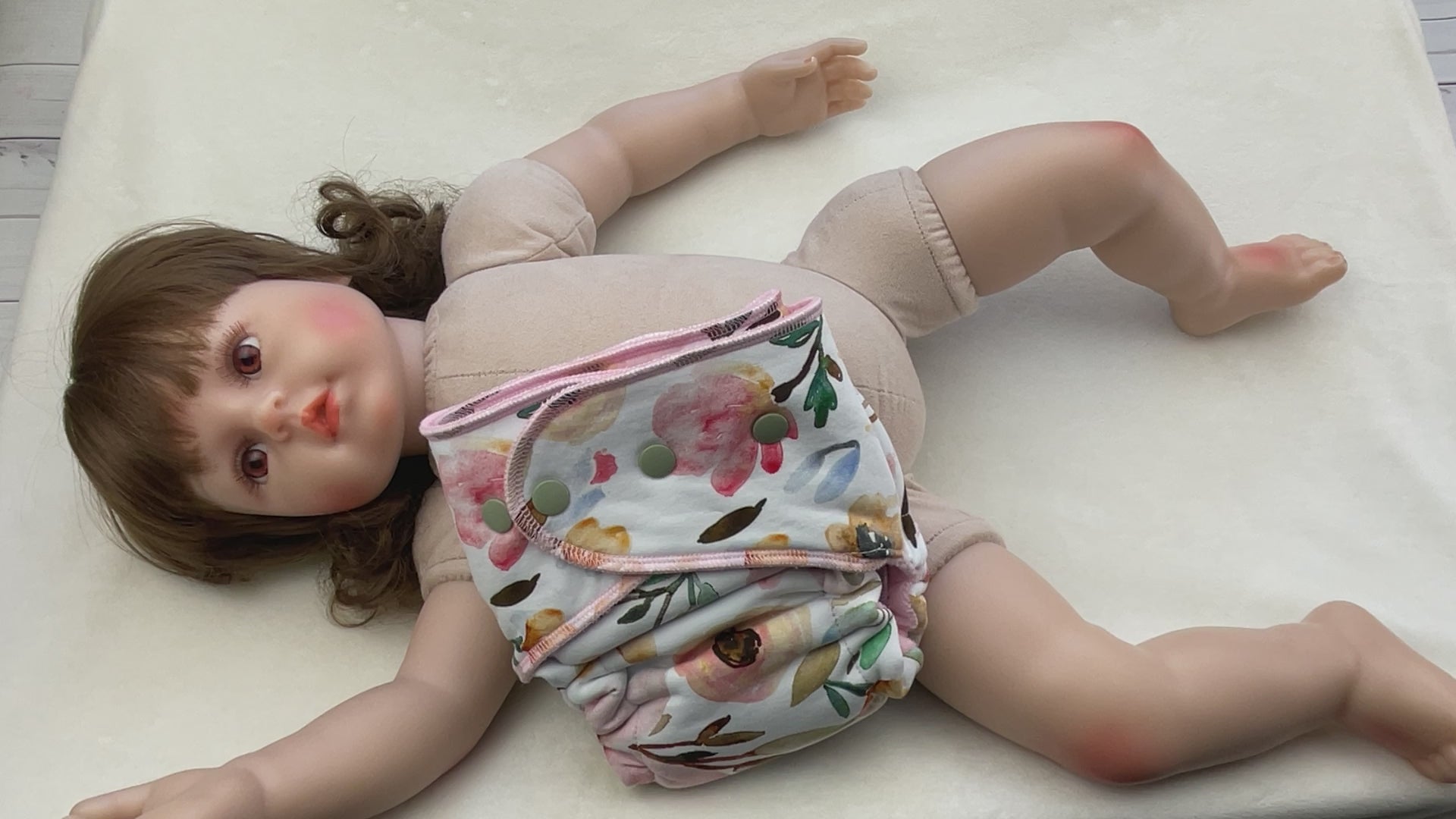Cloth Diapering Benefits
Are you considering cloth diapering for your baby? Here are some of the benefits that make cloth diapers a great choice for both your little one and the environment.
1. Cost Savings
Cloth diapers can save you a significant amount of money compared to disposable diapers. While the upfront cost may be higher, cloth diapers can be reused for multiple children or resold, making them a cost-effective option in the long run.
2. Environmental Impact
By choosing cloth diapers, you are reducing the amount of waste that ends up in landfills. Disposable diapers take hundreds of years to decompose, contributing to environmental pollution. Cloth diapers, on the other hand, can be washed and reused, significantly reducing your carbon footprint.
3. Health Benefits
Cloth diapers are made from natural materials, such as cotton or bamboo, which are gentle on your baby's delicate skin. They are free from chemicals and additives that can cause irritation or allergies. Cloth diapers also allow for better airflow, reducing the risk of diaper rash.
4. Customizable Fit
Cloth diapers come in a variety of sizes and styles, allowing you to find the perfect fit for your baby. Adjustable snaps or Velcro closures ensure a snug and comfortable fit, preventing leaks and blowouts.
5. Adorable Designs
Cloth diapers come in a wide range of cute and stylish designs, adding a fun and fashionable element to your baby's wardrobe. From vibrant patterns to themed prints, cloth diapers allow you to express your personal style while keeping your baby dry and comfortable.
6. Early Potty Training
Studies have shown that children who wear cloth diapers tend to potty train earlier than those in disposable diapers. The increased awareness of wetness and the ability to feel the discomfort can help your child recognize the need to use the toilet at an earlier age.
7. Less Chemical Exposure
Disposable diapers often contain chemicals, such as dioxins and phthalates, which can be harmful to your baby's health. By choosing cloth diapers, you are reducing your baby's exposure to these potentially harmful substances.

